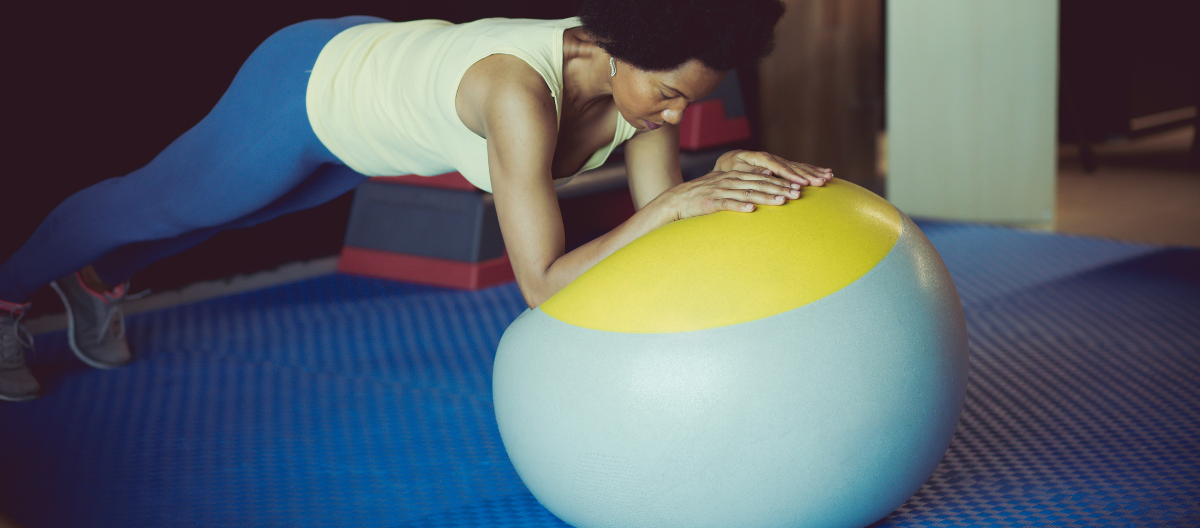Feeling bloated after exercising is a common issue that can be attributed to several factors. One major reason is dehydration or an imbalance of electrolytes; when you sweat during a workout, your body loses fluids and essential minerals, leading to water retention and bloating if hydration isn’t properly managed. Swallowing air during intense physical activity can also contribute to bloating, as rapid breathing often results in ingesting excess air, which accumulates in the stomach and intestines.
Dehydration or Electrolyte Imbalance: When you exercise, your body loses fluids and electrolytes through sweat. If you’re not properly hydrated before or during your workout, your body may retain water in an attempt to compensate for the fluid loss, leading to bloating. An imbalance in electrolytes, particularly sodium and potassium, can also cause water retention and bloating.
Swallowing Air (Aerophagia): During vigorous exercise, especially cardio or high-intensity workouts, you tend to breathe more rapidly, often through your mouth. This can cause you to swallow excess air, which accumulates in the stomach and intestines, contributing to bloating and discomfort.
Digestive Disturbances: Exercising can affect your digestive system in various ways. High-intensity workouts may divert blood away from your digestive tract to supply muscles with oxygen, slowing down digestion. This can cause food to remain in the stomach or intestines longer, leading to gas and bloating. Eating too close to your workout can also exacerbate this issue.
Intestinal Gas: The physical movement during exercise can cause gas that is already in your digestive system to shift or become trapped, leading to a sensation of bloating. This is more common with exercises that involve bending or twisting motions, such as yoga or Pilates.
Hormonal Changes: Intense exercise can lead to temporary increases in cortisol, the stress hormone. Elevated cortisol levels can cause the body to retain water and sodium, leading to bloating and swelling in the abdominal area.
Food Choices Before Exercise: Consuming large meals or foods that are hard to digest, such as those high in fiber, fat, or lactose, shortly before exercising can lead to bloating. Foods like beans, dairy, or carbonated drinks are known to cause gas, which may become more noticeable during physical activity.
Excessive Water Intake: While staying hydrated is important during exercise, drinking large amounts of water too quickly can lead to water retention and bloating. Drinking water too close to meals can also dilute digestive enzymes, slowing digestion and contributing to bloating.
How to Prevent Post-Exercise Bloating
Hydrate Properly: Drink water throughout the day and during your workout, but avoid over-hydration. Consider drinking electrolyte-rich beverages during long or intense workouts to maintain balance.
Eat Mindfully Before Exercise: Try to avoid large meals and gas-producing foods before working out. Opt for a light, easily digestible snack at least 1-2 hours before exercise.
Pace Your Breathing: Focus on deep, controlled breathing to reduce the amount of air you swallow while exercising.
Give Your Digestive System Time to Rest: Wait for digestion to complete after a meal before engaging in vigorous exercise.
Post-Workout Stretches: Gentle stretching or yoga post-workout can help release trapped gas and aid in digestion.


